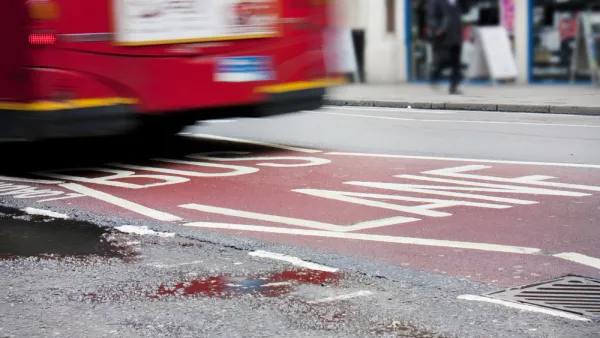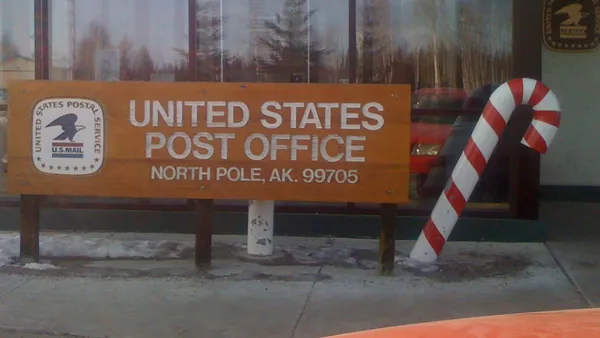Irvin Dawid discovered Planetizen when a classmate in an urban planning lab at San Jose State University shared it with him in 2003. When he left San Jose State that year, he took with him an interest in Planetizen, if not the master's degree in urban & regional planning.
As a long-time environmental activist, he formed the Sustainable Land Use committee for his local Sierra Club chapter and served six years on the Bay Area Air Quality Management District’s Advisory Council from 2002-2008. He maintains his interest in air quality by representing Sierra Club California on the Clean Air Dialogue, a working group of the Calif. Environmental Dialog representing business, regulatory and public health/environmental interests.
Major interests include transportation funding, e.g., gas taxes, vehicle miles traveled (VMT) fees, road tolls and energy subsidies that lead to unlevel playing fields for more sustainable choices.
He hails from Queens (Bayside) and Long Island (Great Neck); received an AAS in Fisheries & Wildlife Technology from SUNY Cobleskill and a B.S. from what is now Excelsior College.
After residing for three years on California’s North Coast, he’s lived on the San Francisco Peninsula since 1983, including 24 years in Palo Alto. Home is now near downtown Burlingame, a short bike-ride to the Caltrain station.
He’s been car-free since driving his 1972 Dodge Tradesman maxi-van, his means to exit Long Island in 1979, to the junkyard in 1988.
Major forms of transportation: A 1991 'citybike' and monthly Caltrain pass, zone 2-2. "It's no LIRR, but it may be the most bike friendly train in America."
Irvin can be reached at [email protected]
Battle of Technologies Shaping-Up for Connected Vehicles
The U.S. Department of Transportation proposed a new rule on Dec. 13 for automakers to require vehicle-to-vehicle technology to save lives, but critics charge the radio-based technology will be obsolete when the rule takes effect in about seven years

San Francisco's Red Carpet Transit Lanes to Continue Through March Evaluation
San Francisco's red, transit-only lanes are a demonstration project. The lanes first appeared in 2013 and were supposed to last two years, with state and federal regulators to determine whether they would continue. The state evaluation began Dec. 6.
San Luis Obispo County Leaders Ponder What's Next After Transportation Measure Fails
The November 8 sales tax measure fell 0.37 percent short, but there's new hope from Sacramento with the reintroduction of a gas tax measure. Democrats now hold the bare supermajority in both the Assembly and Senate needed to pass tax increases.

The Surprising Region with the Nation's Worst Particulate Air Pollution
It's not Southern California, with its ports and congested freeways, California's Central Valley, with its bowl-like topography, Houston, with its oil refineries, or the midwest, with its coal power plants. Hint: think Santa Claus.
Auto Companies Prepare for Decline of Car Ownership
It's no longer just transit agencies that are trying to meet the first mile-last mile challenge—auto companies have also jumped in by offering "mobility services." And it's more profitable than selling cars!

























